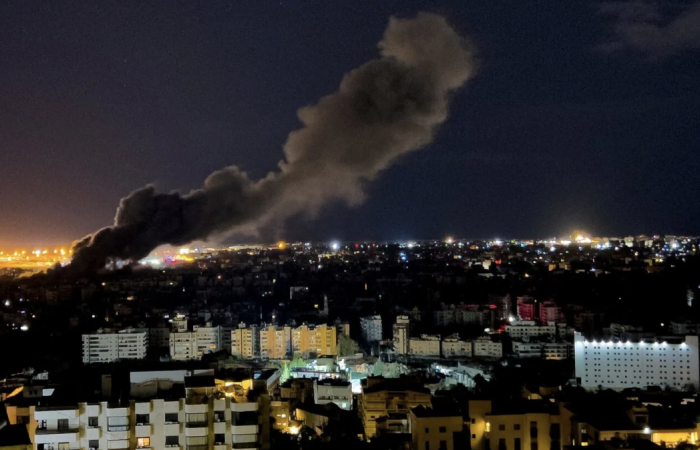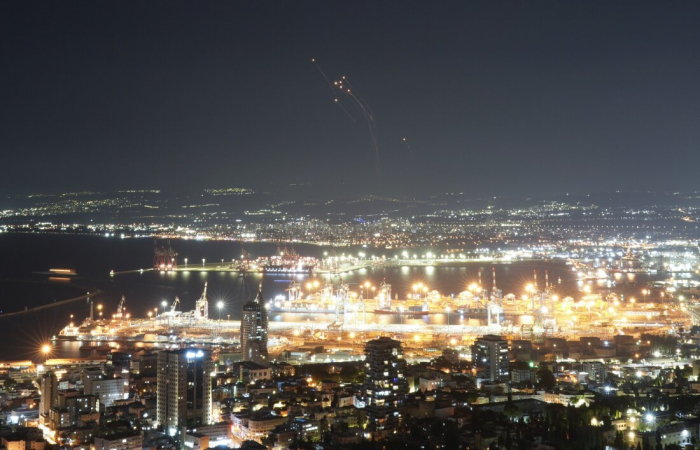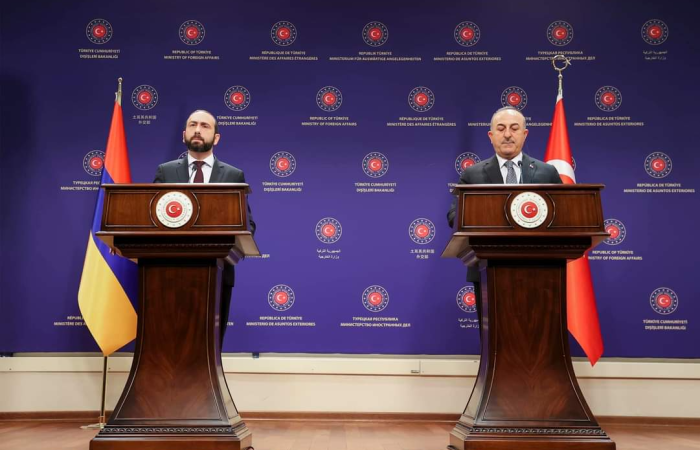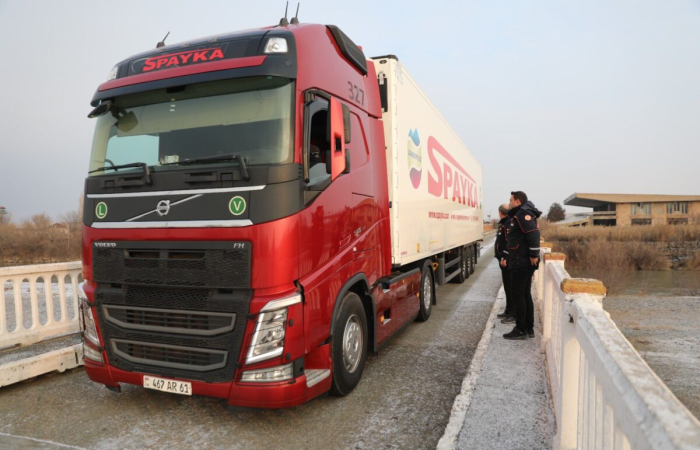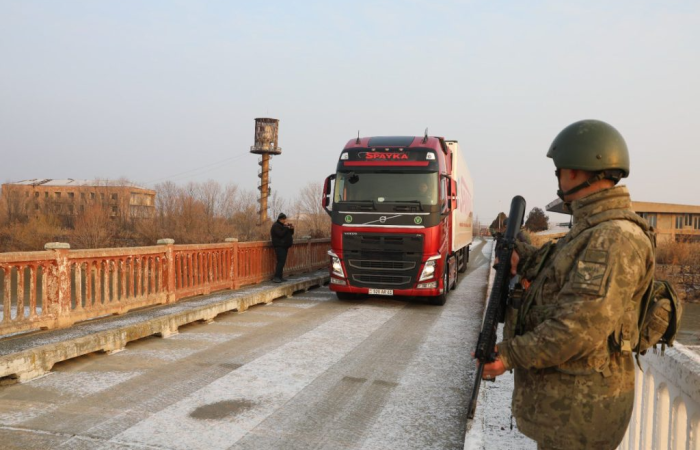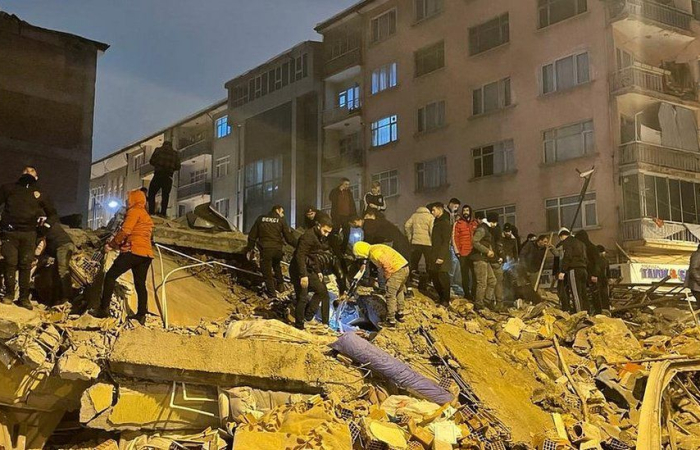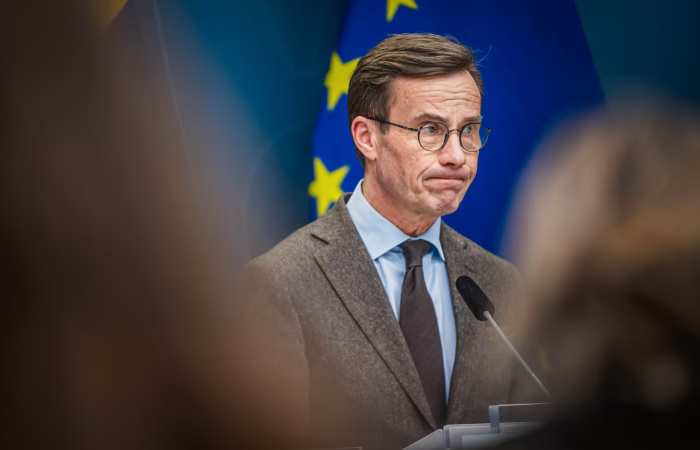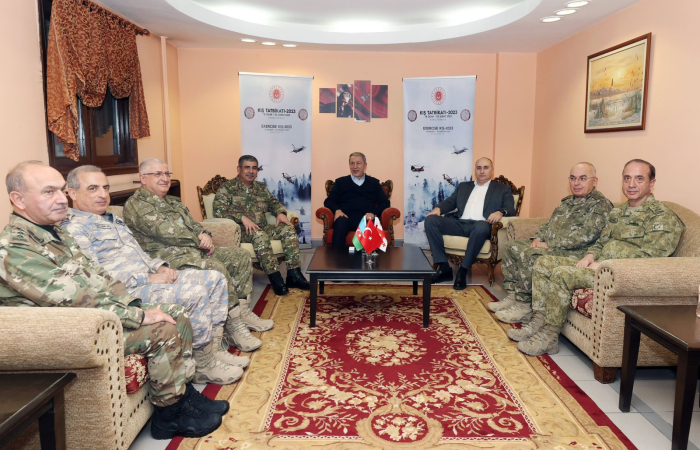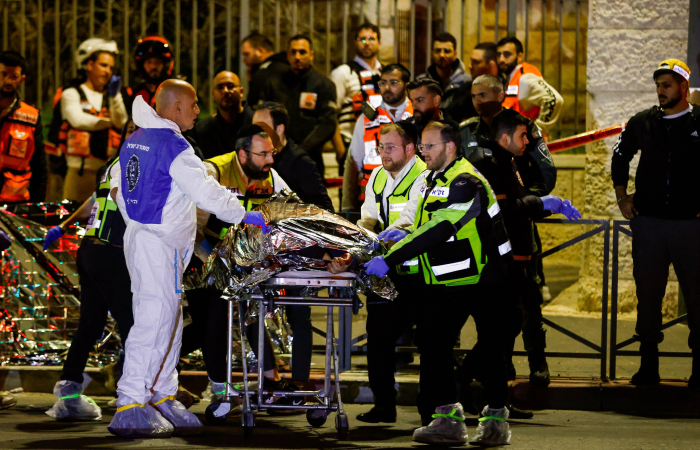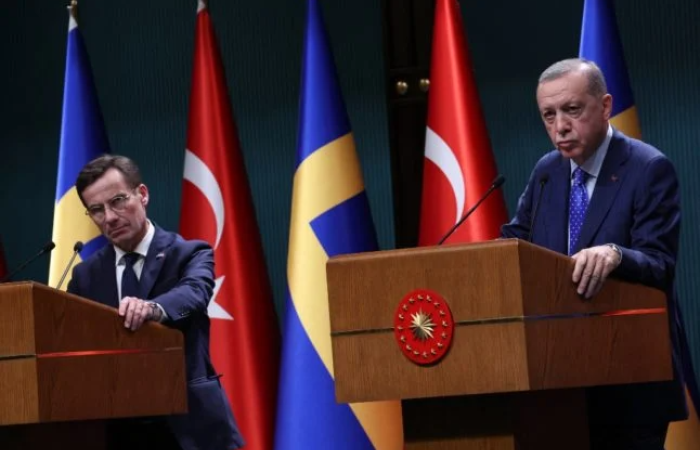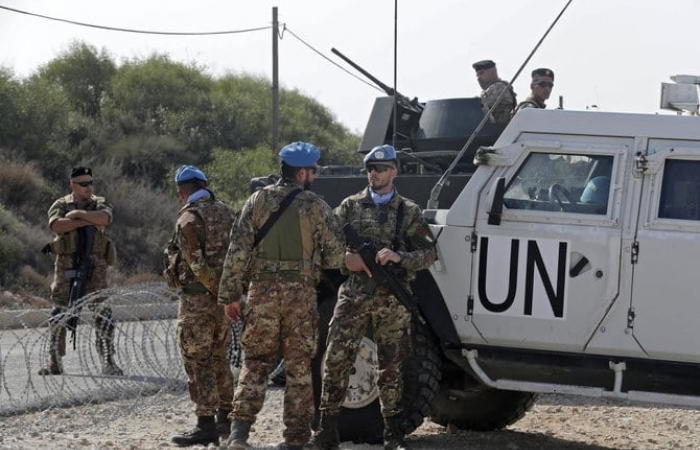Editor's choice
This is a members’ functionality. Please
Sign upNews
Trending
Violence rocks the Holy Land
29 January 2023
Violence in Jerusalem, in Israel and in the Palestinian territories over the last days has shaken the fragile peace in the Holy Land once more, despite calls for restraint by the international community.
On Saturday (28 January), an assailant shot and wounded two people in east Jerusalem, Israeli medics said, hours after a Palestinian gunman killed seven outside a synagogue in one of the deadliest such attacks in years.
Prime Minister Benjamin Netanyahu said on Saturday that Israel's response to an attack by a Palestinian gunman attack that killed seven people on the outskirts of Jerusalem will be "strong, swift and precise" .
The mass shooting unfolded as a 21-year-old resident of Israeli-annexed east Jerusalem drove up to the synagogue in the Neve Yaakov neighborhood and opened fire during the Jewish Sabbath.
The bloodshed, which unfolded on International Holocaust Remembrance Day, marked another dramatic escalation in the Israeli-Palestinian conflict. Nine people had been killed Thursday in what Israel described as a “counter-terrorism” operation in the Jenin refugee camp. It was one of the deadliest Israeli army raids in the occupied West Bank since the second intifada, or Palestinian uprising, of 2000 to 2005.
Israel said Islamic Jihad operatives were the target. Islamic Jihad and Hamas both vowed to retaliate, later firing several rockets at Israeli territory. Most of the rockets were intercepted by Israeli air defenses. The military responded with strikes on Hamas targets in Gaza. There were no injuries reported on either side, but Gaza’s armed groups vowed further action.
After the synagogue shooting, Hamas spokesman Hazem Qassem said the attack proved “the resistance knows how to find the appropriate response” to Israeli “crimes.”
At least 26 Israelis and 200 Palestinians were killed across Israel and the Palestinian territories in 2022, the majority in the West Bank, according to an AFP tally from official sources.



